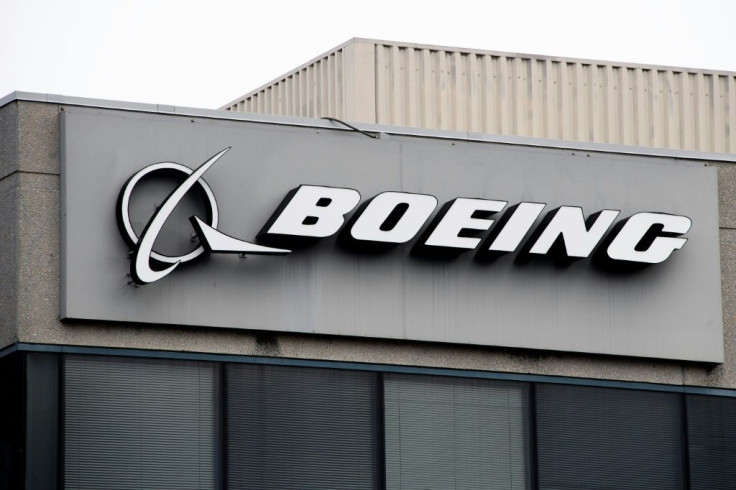Boeing 737 MAX Crashes: Plane Maker Lobbied To Lower FAA Oversight In 2018 Law, Says Report

Boeing managed to bury a few paragraphs in 463 pages of legislation last year, which undercut the government's role in improving and certifying the design of new airplanes, scoring its biggest lobbying win in history.
For years the government has been handing over more responsibility to airplane manufacturers as a way to reduce bureaucracy. However, these particular paragraphs cemented the industry's power over the certification process for airplanes. They allowed manufacturers to challenge regulations over safety disputes by making it difficult for the government to bypass companies' authority.
Boeing, the nation's dominant aerospace manufacturer, is the biggest beneficiary of this change. An examination by the New York Times -- based on interviews with more than 50 regulators, industry executives, Congressional staff members and lobbyists, as well as of federal documents -- found that Boeing and its allies helped craft the legislation to their liking and overcoming criticism from regulators.
Significantly, in a direct warning as the bill was being written, the Federal Aviation Administration (FAA) said that it would not be in the best in the interests of safety.
A labor group representing the agency's inspectors raised concerns that the rules would turn the FAA into a rubber stamp that would likely be able to intervene after a plane crashed "and people are killed" the Times reported.
The warning proved prophetical just weeks later. Two of the company's latest 737 MAX jets crashed within five months of one another killed 346 people. A flight control that Boeing added, called the MCAS, was blamed for both the crashes.
In both cases, the MCAS triggered erroneously, overwhelming the crews and sending the planes into fatal nosedives. The development of the system was rushed and Boeing never informed flight crews about it. Even the FAA was not aware of the system's power. The company is still trying to fix the plane and get it flying again.
The FAA never thoroughly analyzed the automated system while Boeing played down its risks later in the plane's development. The company made the system more "aggressive." Those changes were never submitted for review in a safety assessment.
Boeing, the report says, even helped author a report that congressional aides used as a reference while writing the law. The lobbying effort tried to paint the FAA's inefficiency as threatening the company's ability to compete against Airbus. A key part of it, the report says, was to persuade Senator Maria Cantwell, Democrat of Washington State, to introduce language that requires the regulator to relinquish control of many parts of the certification process.
President Donald Trump signed the FAA Reauthorization Act into law last October.
The 737 MAX crashes that followed were blamed widely on Boeing's "regulatory capture," which the new law seems to have facilitated.
Ironically, if Boeing wanted to streamline the certification process, the crashes have now invited a backlash from regulators around the world -- the 737 MAX is still grounded and Boeing's balance sheet has been bleeding, the company's CEO Dennis A. Muilenburg lost the chairman title, and regulators across the world are indicating that they will no longer blindly follow the FAA's lead in certifying aircraft -- potentially making global certification a painful, slow and more expensive process for Boeing and all plane makers.
© Copyright IBTimes 2025. All rights reserved.






















